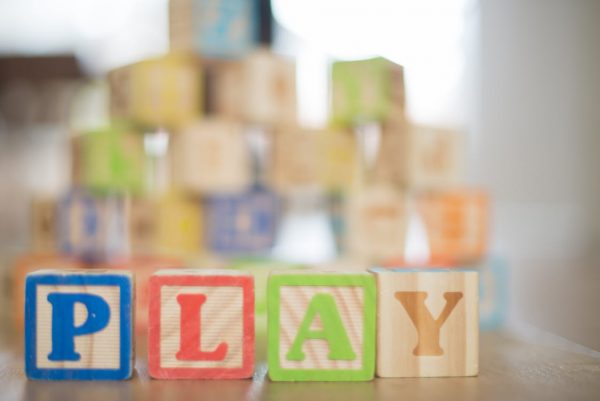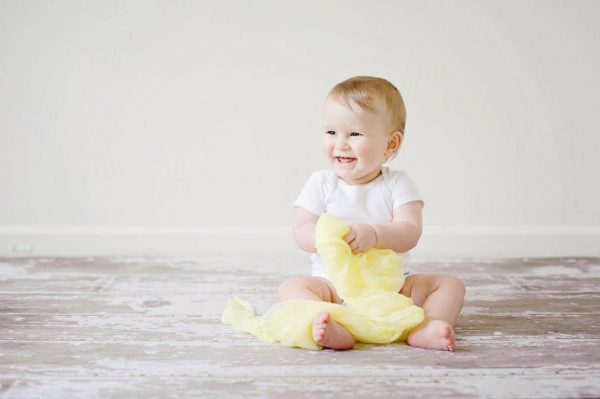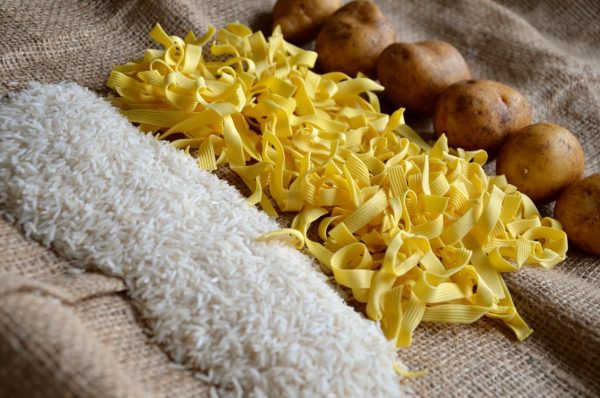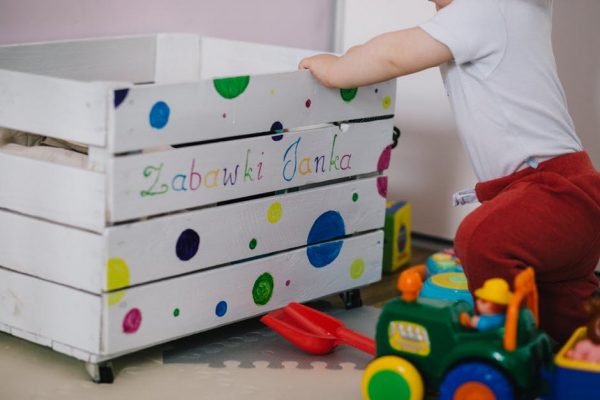Heuristic
adjective
“enabling a person to discover or learn something for themselves.”
Have you ever experienced a specific moment with your child where they’d rather play with the box that a new toy has come in rather than the toy itself? Or even another everyday object over a new toy? If you have, this is what is known as heuristic play.
What is heuristic play?
The term “Heuristic Play” was coined to describe the interaction of babies and children with everyday objects – not toys.”
Today, children are surrounded by loud, colourful toys that tend to be made out of plastic or wood, and while these might be good at stimulating some of the senses, they tend to lack the sensory and heuristic properties critical for supporting creative thinking and problem-solving skills.
With heuristic play, this involves the sensory exploration of ‘everyday items,’ anything from some rice or pasta or a wooden spoon to a piece of string or sticks from the garden. The difference between this and playing with toys is that toys are often limiting in what they can do, meaning a car is meant to be rolled back and forth, while heuristic play with any household object allows your child’s creativity to take over. Having an open-ended object to play with stimulates innovation, creativity and imagination as your child discovers the ways the object can be used, all characteristics of which are essential to learning and development.
Why is heuristic play good for our children?
“Toys that do less, actually teach more.”
1. It stimulates creativity and imagination
Imagination leads their play with heuristic objects, rather than muscle memory taking over when a child knows that a noise happens when they push a button. With heuristic play, open-ended play opportunities allow children to explore, learn and develop in a completely natural way.
2. It supports gross motor skills and brain development in infants and toddlers
Infants and toddlers, in particular, require a variety of sensory exploration to support their cognitive growth and development. With heuristic play, they are able to do this on a much wider scale than with toys that may limit their abilities to develop.
3. It stimulates multiple senses and critical thinking
When a child pushes a button on a book and it makes a sound, they learn that this action makes that sound and that sound corresponds to whatever context is on that particular page. With heuristic play, children can make sounds from banging different objects together or knocking them against another surface. However, unlike the toy, this leads them to figure out the context for themselves – why did that make this sound? What would happen if I banged this item with a different item? All of these questions only come about by exploring and they are far more valuable later in life when our children need to develop certain skills such as innovation and critical thinking.
4. It promotes early mathematical conceptual learning
When a child is exposed to a variety of items that range in size, shape, weight and texture, the time they spend exploring only aids their mathematical conceptual learning. This doesn’t tend to happen with typical toys as the need to explore is lessened when they know what the toy is meant to do.
5. It allows children to gain an understanding of the world around them and encourages independence
The mantra that “toys that do less, actually do more” is very relevant to heuristic play. It means that basic, everyday objects that we consider boring (or not toys) actually offer a world of possibilities to learn for our children. While they learn to play they also start to gain an understanding of the world around them, and more importantly, especially with children today, they learn that they don’t need much to self-entertain. It is through handling and exploring these objects that babies and toddlers begin to make their own choices and decisions and start to develop as people.
How can I encourage heuristic play?
To help support your child’s learning and development, all you’ll need to do is provide them with more opportunities for open-ended discovery. Here at Schoolhouse Daycare, we use the ‘treasure chest’ method where we fill a box with heuristic objects of different sizes and textures and let the children discover them for themselves. Obviously, we always keep a watchful eye on them as we supervise, but it is essential that you allow them the freedom to choose and explore the objects without offering them the objects first. You can easily do this at home by filling a box with household objects such as egg boxes, measuring spoons, and shower puffs and sometimes outdoor objects such as leaves and pinecones. Just remember to rotate them fairly frequently to encourage new and different learning experiences.
Usually, 30 minutes a day is enough for the treasure basket heuristic play, so make sure that you clear a space for it with no other toys around, have the TV off and take the basket away once your child is satisfied so that they don’t tire of the objects. It is also important that you supervise and observe but don’t encourage or distract. Your child needs the freedom to explore on their own at their own pace. As well as the treasure basket, you can offer heuristic play opportunities at any time, such as taking your children outdoors more often or even in moments where you’re doing chores, such as letting your child play with the basket of pegs as you hang up the washing.
We are not saying toys are bad, we are just highlighting how important heuristic play is to our children’s development so that you can mix it in with their day-to-day life. By offering your children heuristic objects that support their creative thinking or taking them outdoors to explore nature, you will essentially be giving them the best start in life in order for them to become better adults when they grow up – isn’t this all we want as parents?
At Schoolhouse Daycare, we enjoy learning, encouraging confidence and we love life! If you think your child would enjoy life at Schoolhouse, then please do not hesitate to arrange a visit.
Looking for more ideas and inspiration? See more from us here:
5 Reasons Why Messy Play Is Important and Benefits Children





